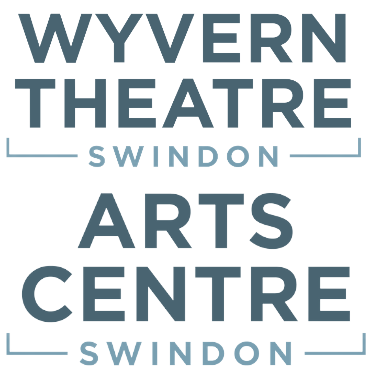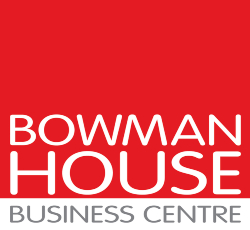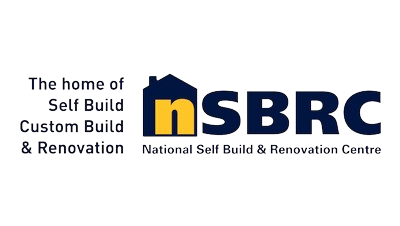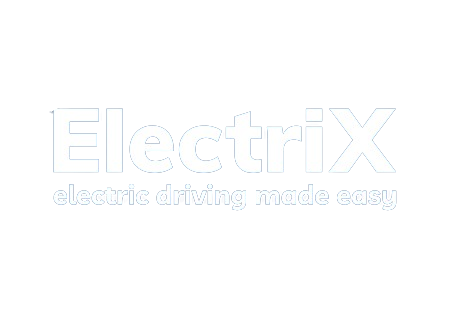In case you missed it see what’s in this section
Let's Talk
How to write a resume to get hired by a jobber
What’s a resume? We typically think of the list of qualifications and skills we possess, yet it is more than that. A resume is your personal marketing tool, the advertisement of your expertise, to catch an eye of an employer. Before you get down to work, everything seems pretty easy - just list what you know and what you can do, and everything is settled. However, when you actually start writing something, your mind goes blank, and it seems that there’s nothing valuable to mention.

On average, the employer will spend up to 20 seconds scanning your resume, if there’s nothing they are looking for, you are scrolled down. So, that’s the time you have to let your CV do all the talking. What are the essential requirements for a winning essay?
General Guidelines To Follow
1. The layout of the information.
You can be the most skillful worker ever, with a high level of hard and soft skills, however, you will never be noticed if you present it in an unclear way. The way the information is organized benefits its visibility and helps to emphasize the most important points. Unless you are a graphic designer, you may find all the placing and ordering quite daunting, thus, it’s worth using a ready-to-use solution, like VistaCreate templates. Such forms help you concentrate on the description of your skills alone, without wasting time on design and layout.

2. Relevance to the company and job position
As a rule, you need to make several resumes, each one being customized for a particular job position. Use the keywords mentioned in the job description to create mental hooks for those who review the CV.
All the skills and knowledge must relevant to a job position, all the other details must be eliminated.
3. Avoid Sloppiness
What is the worse thing to expect from a highly-qualified candidate? Grammar mistakes, wrong word usage, spelling errors, punctuation, etc. You are not required to have a decent philological background, yet literacy matters. Research shows that recruiters weed out around 58-60% of resumes that contain typos.
Use online grammar checkers, and proofread everything a few times. It’s also worth asking someone else to read the resume, as we often might skip the errors just because we already know the text.
4. Type of the resume
When working on the CV, consider the most relevant type:
- Chronological - the most beneficial type, as it lists your skills and experience in reverse chronological order, which is the most comprehensible type for those who read it. Such type helps to emphasize the steadiness of work experience, and responsibilities and is recommended for those who have a noticeable career growth and development.
- Functional - works best if there are employment gaps, and focuses mainly on the person’s strengths and skills. It employs a chronological order of events and lists all the transferable skills. Such a type is mainly used by people who lack experience, students, switchers, freelancers, etc.
- Combined - the combination of both types, which states the record of experience and development of skills throughout your working history.
- Targeted - is used when you aim specifically at a defined position. It may seem too brief, however, it contains the things required for a particular job.
5. Achievements
The list of your achievement creates your profile in the eyes of the potential employer. Don’t mention regular work routine and basic functions, focus on your successes like “achieved”, “exceeded”, “expanded”, “improved”, “raised”, “solved”, etc. It would be beneficial if you have a possibility to prove such an impact in quantity (percents of sales, customers, etc.). However, if you come up with such data, be ready for questions on the matter - how you defined the numbers, how the research was conducted, etc.
6. The mood of the review
The overall tone of the resume should be straightforward and professional. Use high-impact words like attained, strengthened, initiated, coordinated, developed, managed, orchestrated, etc. They help to place you in the position of an action-taker, an enthusiastic worker, and a leader of the idea. Even if you don’t have a long list of accomplishments, be very confident about the ones you have. After all, it’s your presentation that matters, not the number of qualities. A lot of skillful workers are so modest about their achievements, that they are not even considered as such.
Creating a compelling CV is the first step to take when looking for a job. It may take time, as you need to consider all the details and accomplishments to be mentioned. Remember, your CV has approximately 20-30 seconds for being chosen, thus, it should be informative, yet quite concise. Use the keywords related to the position to make mental references to the description of a job position. Be honest and confident, and use high-impact words to boost your potential, however, don’t exaggerate, as you may be asked for the evidence.
Follow the guidelines, present your strong sides, and get ready for the next step - a job interview. Good luck!
Weather in Swindon
Listings


